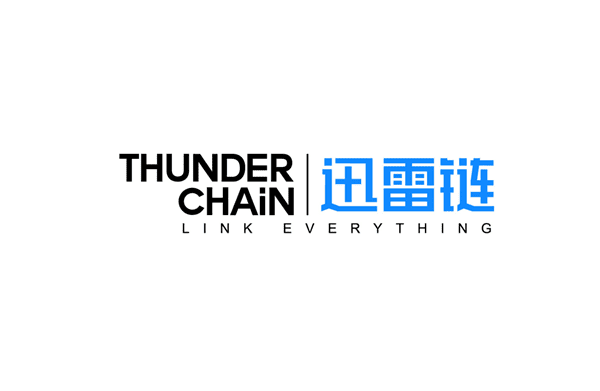Cloud and blockchain company Xunlei this week announced its financial results for the second quarter of 2018. The company made nearly US $66 million in revenue, an over 70% year-on-year increase. Xunlei attributes its solid performance thus far to having diversified its business offerings in recent years, especially around cloud and blockchain solutions.
Originally known for its downloading software, Xunlei has since incorporated blockchain and distributed computing into its repertoire of products and services. The shift so far has driven exceptional business growth for the firm, with its cloud computing segment almost doubled compared to a year ago.
The key man behind the turnaround was Lei Chen. He brought in years of experience with several tech giants like Google, Microsoft and Tencent. Soon after he joined as CTO, he built a startup-like subsidiary within Xunlei called Onething Technologies. Since then, the firm has been expanding aggressively into cloud and blockchain.
Under Xunlei’s shared computing offerings are OneThing Cloud and StellarCloud. OneThing Cloud is a private cloud which enables high quality digital entertainment via quick downloads, storage and removal at any time, file management, remote control and multimedia entertainment. Building off this is StellarCloud, a distributed cloud computing platform with over 1.5 million computing nodes, more than 30T bandwidth capacity, and 1500PB storage capacity. For StellarCloud, shared computing nodes replace traditional, large-scale cloud computing centers, with the cost of bandwidth accounting for only 30% of other cloud service providers. There are a number of household brand customers on Xunlei’s cloud computing platform, such as China’s Netflix iQiyi, main phone maker Xiaomi and top live streaming companies like Kuaishou or Panda TV.
Blockchain plays a fundamental role in Xunle’s cloud computing model. Users contribute idle bandwidth, storage and other computing resources to the shared computing network, a process made transparent and traceable via blockchain technology. In order to incentivize users to join the shared platform, users will receive a digital asset called LinkToken which they can use to redeem relevant products and services such as video site memberships, internet acceleration services, cloud storage, shared content services and gaming content services.
Xunlei’s blockchain offerings also include ThunderChain and Thunder Chain File System. ThunderChain utilizes robust parallel processing to recognize confirmation and interaction between homogenous chains. It can accommodate over a million transactions per second, allowing developers from different industries to build decentralized applications. ThunderChain has been one of few blockchain platforms globally that can support a large-scale user base due to its high performance and scalability.
Another milestone is Thunder Chain File System. It is a new file retrieving protocol, when compared with HTTP, it has the benefit of better performance, robustness and natural defence to cyber-attacks. Files stored in this system, can also declare and protect ownership rights, thus implement intellectual property protection and transaction capabilities. Together with TCFS, applications can be fully implemented on ThunderChain ecosystem. On Etherum or EOS, this has to be done through integration with other systems such as IPFS and FileCoin.
According to Allied Market Research, the blockchain market accounted for $228 million in revenue in 2016, and this is expected to reach $5.4 billion by 2023. Facing such growth potential, Xunlei should have a bold ambition to create an ecosystem especially around consumer applications like retail, healthcare or entertainment. See what iOS means to Apple or Android to Google, ThunderChain may generate another growth engine for Xunlei in the long run.
